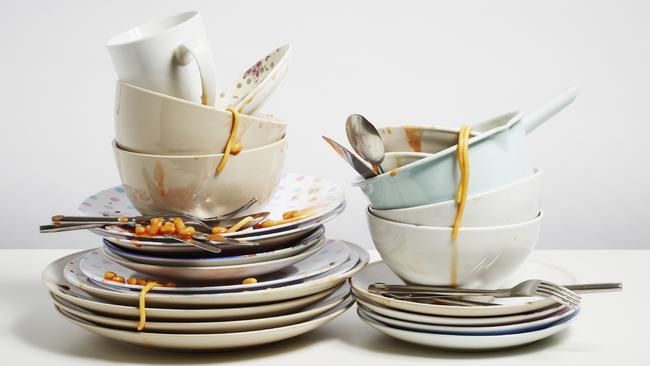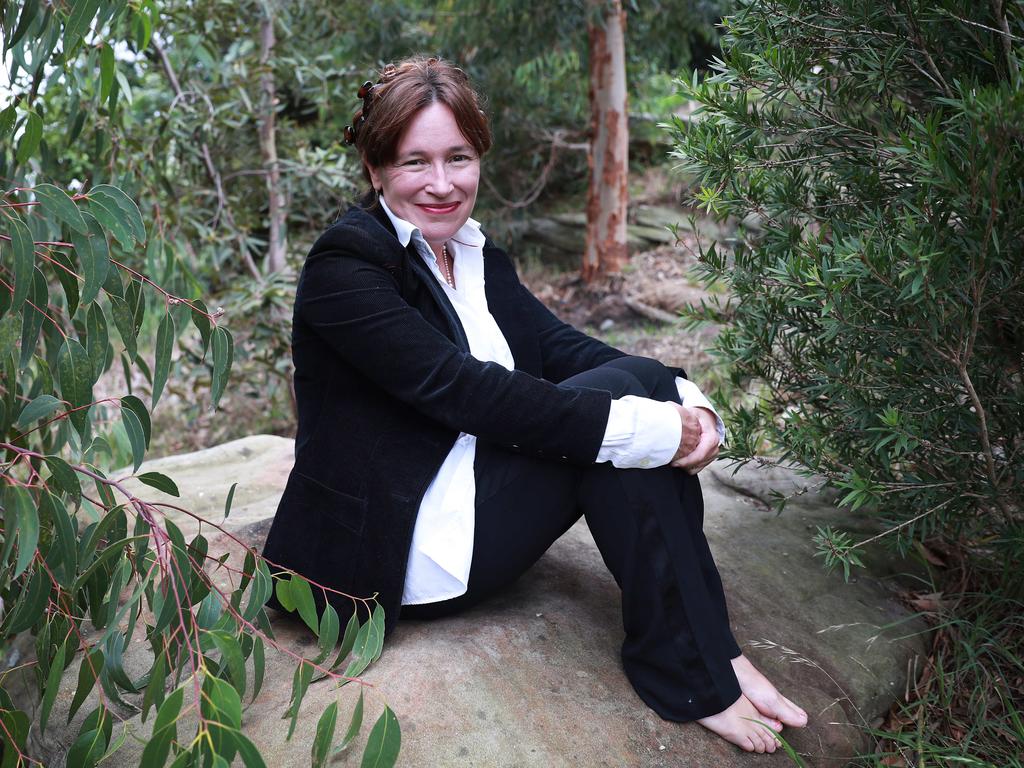The meditative power of household chores

To her, this toil wasn’t drudge. Her position in front of the sink, post-meal, was a fiercely fenced-off ritual; dishwashing was hers and hers alone. The ritual of this labour was circuit breaker, come-down, conduit to peace. It was settling the body into old, comforting rhythms. It was help, family help, where she was meant to be and she didn’t mind one jot. It was rare she’d let anyone else at it.
As I stand in a similar way now at my own sink, stacking wet dishes just as Lexy did, I can feel the body unclench from the demands of the hyper-digital world we live in; can feel my mind settle from the buzz of so much. There’s a quiet rhythm to this working at something productive in a way that doesn’t involve mechanics or machine. It’s revelatory, and I’m not sure I want my cranky old dishwasher back with all its insistent beeps of demand, its endless loading and unloading and hums and water-sloshing might. This new way feels solider. Easier. Rooted in the physical. Strengthening the body and calming the mind.

It plunges me back to a world of pipe cleaners and button jars and sewing baskets. To a mother bowed over her Bernina sewing machine, her own happy place. To haberdashery sections in department stores with their big sloping desks and little footstools you could stand on, as a child, in front of the enormously heavy pattern books. It was a world of tennis balls in stockings and elastics and jacks. Of walking to school a very long way and endless afternoons of imaginative play. Of Hills Hoists, and how I long for one now; long for my kids to squeal through sheet tunnels but they’re too old for that. It was a do-it-yourself world where Dad blasted out a crater for a swimming pool with “borrowed” explosives from the pit and spewed mud over all the neighbours’ houses. A world where brand new houses had a laundry chute – and how I dream of one of my own to this day.
A dear friend in her fifties uprooted her entire existence not too long ago. She’d gone through a bitter divorce and ended up with a settlement, not enough for a home in the city but a place far away, in a new life. Her little house, with a joyous garden skirting it, rang with light and happiness. A knitting basket waited in readiness by her special lounge chair and she had a proper laundry at last, just like our mothers had; how her posse all thrilled at that, running their fingers along surfaces and cooing with delight. She was a feminist and wanted a laundry and those two concepts are not mutually exclusive. We all wanted what Lou had; she was so happy in her cherished place.
There’s a movement sweeping social media called Grandmacore, for younger generations; it’s a world of gardening, crocheting, birdwatching and crafting. I stepped into this plane when my dishwasher broke and it plunged me back to simpler, quieter ways. Studies show that Grandmacore is good for mental health, and as I stand quietly at my sink – my movements Chinese whispers of my grandmother’s, who lived to a lively 101 – I can vouch for that. It is antidote, medicine, balm, for the frenzy of a screen-bombed life.
nikki.theaustralian@gmail.com







The dishwasher is broken. The repair man will take a while. I have taken to the sink again. There is a soldering sense of peace to this old way, this meditative way, that’s caught me by surprise. I bought a dishrack, placed a tea towel under it and settled into a rhythm of manual domestic labour in a way I hadn’t for years; the image of my grandmother before me with her back bowed over the sink and a tea towel over her shoulder, laughing and nattering away in her happy place. She was dishwashing ’til almost the end. Dare I say it kept her young.